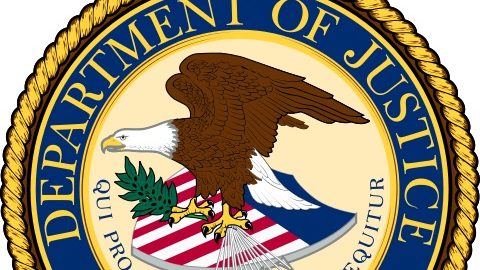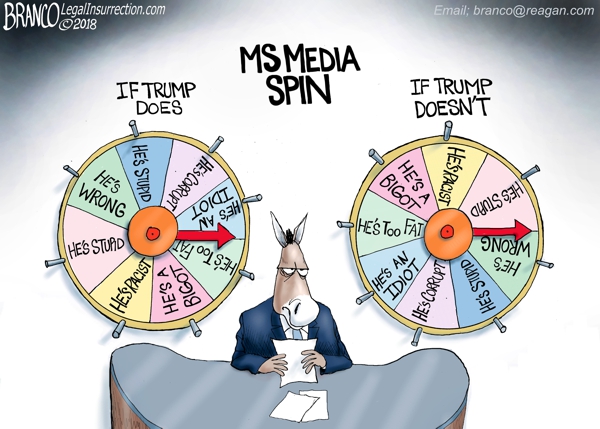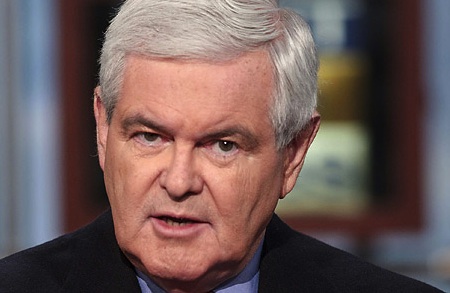4 New Things We Just Learned About The Special Counsel Investigation
Since Friday, several developments have exposed more of the behind-the-scenes details of the special counsel investigation into Spygate, including the public release of the deposition of Tech Executive-1, Rodney Joffe.…


